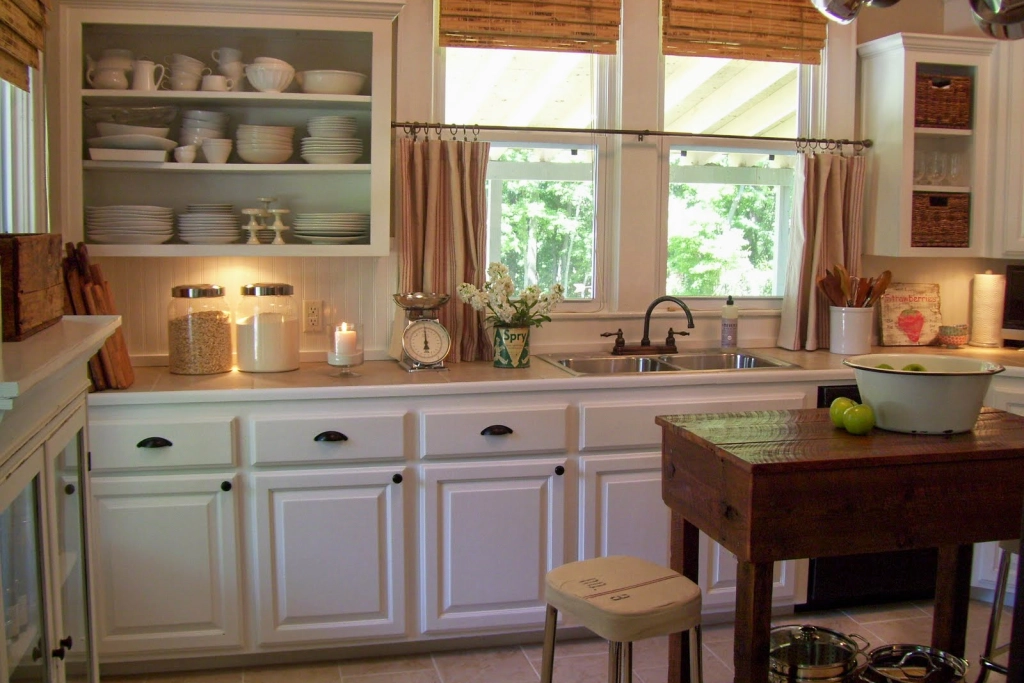If you’re thinking about renovating or remodeling your home, it is essential to plan and budget accordingly. While it can be challenging to predict exact costs, having an estimate on hand helps prioritize goals and move forward with the right projects.
Once you establish a budget for your remodel project, it’s essential to monitor it throughout each stage. Doing this will give you insight into whether your budget remains on track or if any unanticipated expenses might crop up during execution.
1. Know Why You’re Remodeling
Remodeling can be an excellent way to give your home a refreshing new look and increase its value when selling it. Plus, remodeling will allow you to recoup some of your initial investment when selling the property.
However, remodeling can also be an expensive venture. To ensure you don’t spend more than intended during this process, be sure to budget for unexpected costs in advance.
Zillow estimates that unanticipated expenses such as water damage, mold removal, asbestos removal or pest extermination can add up to 10-20% to your renovation budget. Planning ahead for these additional costs helps prevent you from going over budget and guarantees your home remains secure during the renovation process.
2. Know Where You Can Save and Where You Can’t
When planning for home renovation or remodeling projects, the key to saving money is understanding where you can cut costs. You can do this by repurposing materials and seeking multiple bids on the job.
Save money by investing in higher-end materials for items you use frequently. For instance, a high-end stove may be ideal for an area that’s frequently used.
You can save money by forgoing branded items when shopping for kitchen and bathroom products, especially if you plan to use integrated appliances. Local retailers often carry good deals on scratch and dent models; alternatively, try checking out online marketplaces like Amazon Warehouse to find pre-owned goods.
3. Create a Budget
Establishing a budget is the essential tool for keeping your project on track and staying within budget. Be sure to include all necessary costs such as labor, materials and delivery in your calculations.
Once you have your budget in mind, you can begin comparing prices. A home renovation budget template may even come in handy to keep everything organized.
Once you have your cost estimates in hand, it is time to prioritize and decide which remodels are within budget. Whether updating a room or adding square footage is your goal, dividing projects into structural, functional and interior renovations can help you make better decisions.
When making a renovation plan, don’t be shy to seek advice from friends who have recently undergone such work or hired a professional. These homeowners might have valuable insights that save money and enhance the quality of your work.
4. Get Estimates
Estimating costs for home renovation and remodeling projects is an effective way to compare costs. A variety of online tools can provide data and accurate cost estimates on a wide range of tasks.
You have two options for remodeling your home: take on the DIY remodel yourself or hire a team of contractors to build out your ideal house. No matter which route you take, these free tools provide all the information necessary to make informed decisions and save money on your home improvement venture.
Finding a qualified contractor for your remodeling project is essential, so get quotes from several to find the best fit. Comparing prices between local professionals can help you negotiate prices and find the most advantageous deal for your home.
5. Hire a Contractor
A contractor is an essential element of home renovation and remodeling projects. When searching for someone to handle your work, ensure they specialize in what you require and have experience with similar tasks.
You should also search for a professional with an impressive track record and proven success. Ask friends, family and coworkers for recommendations.
Finally, check reviews online and on reliable sites like the Better Business Bureau to determine whether a company has ever responded promptly to complaints. If there are multiple complaints against them, read through their feedback to determine how quickly those issues were addressed.
According to your local regulations, extensive renovations to plumbing, electrical and other systems may need permits. Many general contractors will handle the application and inspection scheduling on your behalf; however, make sure you clarify this detail before signing a contract.





